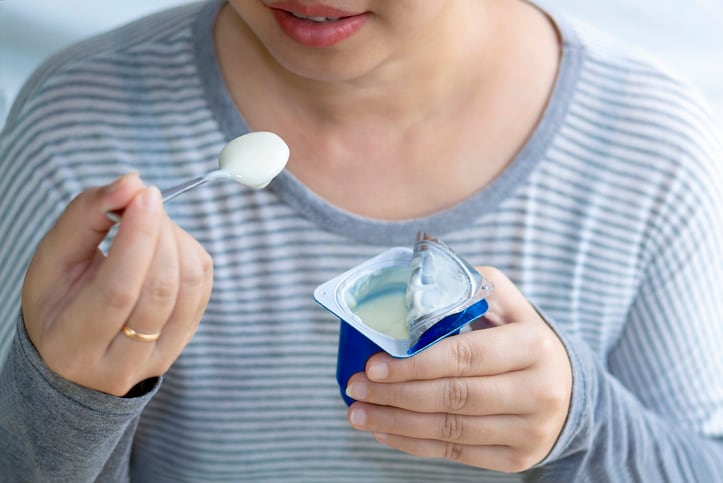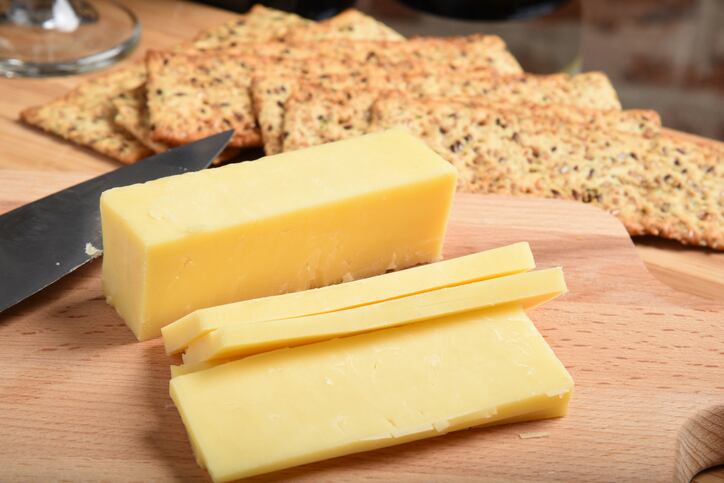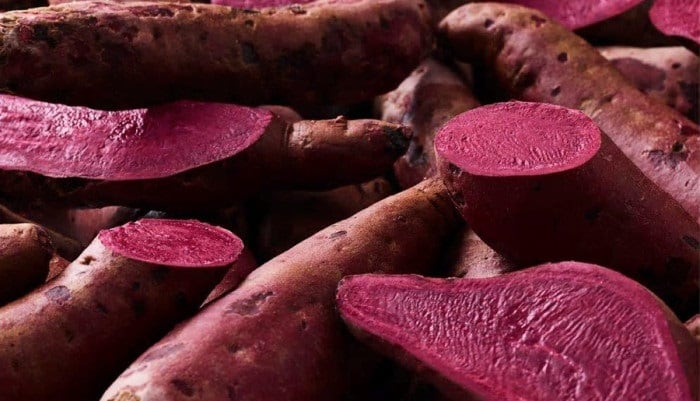Chr Hansen is closing out a ‘solid’ year – both on and off the books. Crowned ‘the most sustainable company in the world’ by media and research firm Corporate Knights in January, the natural ingredients supplier went on to launch its CHY-MAX Supreme enzyme for cheesemakers in April and sugar reduction culture Sweety Y-1 in May.
And the company’s 2018/19 annual results, published yesterday (10 October), reveal an overall ‘solid’ performance, the company’s CFO Søren Westh Lonning told FoodNavigator.
Chr Hansen reported organic revenue growth of 7% – down two percentage points from 2018/19 – with an annual revenue reaching €11.6bn. “Overall, we believe that the annual result is a solid result,” said Lonning, describing the company’s annual growth as ‘quite good in the current environment’.
“And we did so with increasing our EBIT margin,” he continued. Indeed, Chr Hansen achieved an earnings before interest and taxes margin of 29.4% compared to 29.2% for the year prior. Combined with a ‘very solid increase’ in the firm’s free cash flow (€217m compared to €195.4m in 2017/18), the CFO said “overall for the year, we believe it is a solid result”.
Chr Hansen’s fourth quarter, however, proved more challenging. The company reported 2% organic growth in Q4, compared to 10% for the same period last year. The result is “not what we aim for at Chr Hansen, so that was a disappointment”, Lonning told this publication. Looking at the company’s guidance for 2020, the result is ‘below the long-term financial ambition’ set for the period ending 2022, he continued.
Unpacking ‘a mixed bag’
Overall, the results are “a little bit of a mixed bag”, said the CFO, “depending on where you zoom in”. Looking at specific regions, it is clear that organic growth has slowed in some emerging markets. In Q4, Latin America brought 2% organic growth, compared to 26% for the same period last year. Asia Pacific was also down to 3% from 13% in Q4 2018/19.

EMEA had also slowed – both for the quarter and the year – which Lonning attributed to a mixture of factors, including challenging market and economic conditions in the Middle East. “It is a combination of partly timing of orders and partly some more chancing conditions in, for example, the Middle East. The Middle East was a challenge for us both in our Natural Colors business and also in our Food Cultures & Enzymes business.”
The firm also observed a decline in probiotics within the dairy segment in Europe, which Chr Hansen believes could be linked to reduced revenue among some of the ‘large brand owners’. “The dynamic that we are observing is that some of the large brands are moving backwards, but also that actually we are winning new business,” said Lonning. “There is a lot of excitement around probiotics within novel segments such as plant-based. We also have a solution for plant-based yoghurt and are selling that.”
So where some of the older, ‘more traditional’ brands are seeing ‘some decline’, newer concepts and newer players are ‘seeing very good growth’, he explained. “But on a net-net, it still adds up to a negative this quarter for Chr Hansen.”
Recent launches ‘performing well’
CHY-MAX Supreme and Sweety Y-1 are among Chr Hansen’s new product launches for the fiscal year 2018/19.
The former is an enzyme for cheese manufacturers that Chr Hansen claims can increase yield by up to 1%. CHY-MAX Supreme is intended for use in bovine cheeses, such as cheddar, continental and mozzarella, but can also be applied to buffalo or sheep milk for cheese production.

According to Lonning, the enzyme has been ‘performing well’ and ‘to our expectations’. “The benefits of using the product is of a size that means it is very tangible to demonstrate to customers its benefit.
“But as we have already observed before, the dairy industry – and not least the cheese segment – is an industry that takes some time to [adopt] new innovations.” Being a ‘conservative industry’ has influenced the speed of the ‘ramp up’ of CHY-MAX Supreme. “Although it is a very good solution, it does take time and we need to run quite [a lot] of trials to convince customers to make a complete change to this enzyme,” we were told.
Sweety Y-1 is a patented culture that provides ‘superior pH stability’, according to Chr Hansen. The culture enables dairy manufacturers to make yoghurts and other fermented dairy products with up to 20% less sugar.
The CFO reported ‘good interest’ in the culture, confirming that trials have been conducted with manufacturers – a number of which have since converted to Sweety. “We are very pleased with the performance in Europe, and overall in general.”
Looking to 2020: Dairy-free, human health, natural colour gaps

Come 2020, Chr Hansen plans to continue to grow its business in the dairy-free, plant-based segment, “although it is still a relatively small part of the market”, said the CFO. The firm also expects to bring new ‘innovation’ to market within human health. Overall, “we have a lot of opportunities in our commercial pipeline”, we were told.
The company’s Natural Colors division is another area Lonning sees growth, following the launch of its Hansen sweet potato colouring earlier this year, made from a new vegetable variety: the Hansen sweet potato Ipomoea batatas. Chr Hansen claims the product serves as a viable alternative to carmine and synthetic food colours.
“We have quite a decent position in the reds, yellows and oranges – not least with the recent launch of our Hansen sweet potato, which is red,” confirmed the CFO. However other shades have also caught Chr Hansen’s attention: “Blue, green, and some of those shades are one of the focus areas that we have.”





